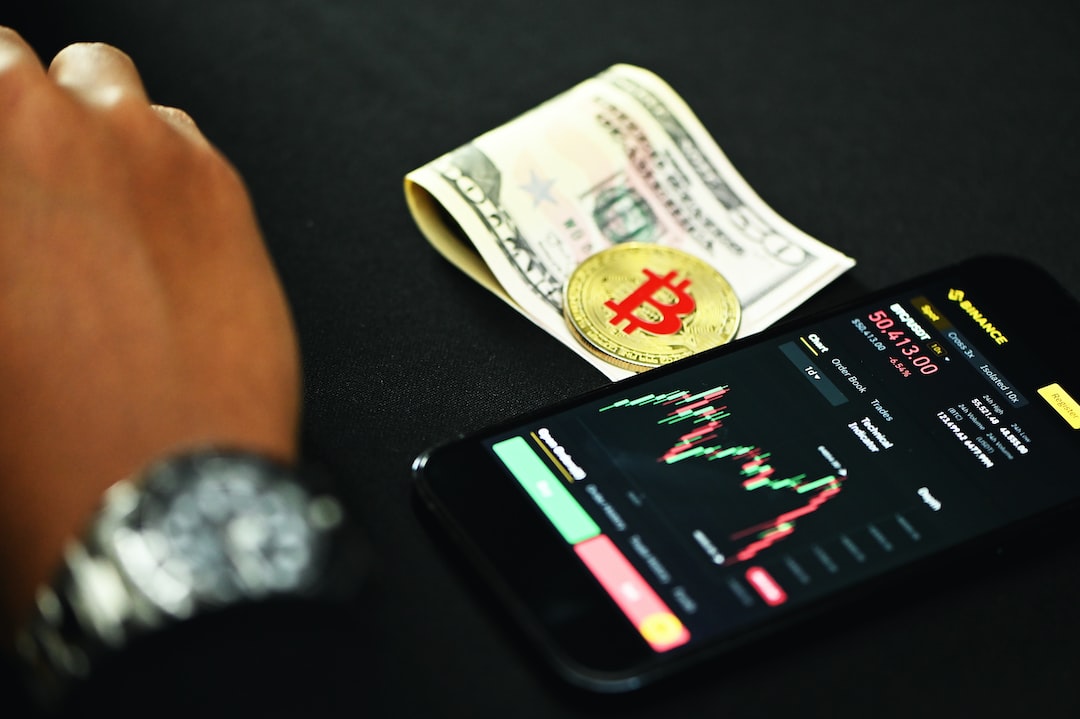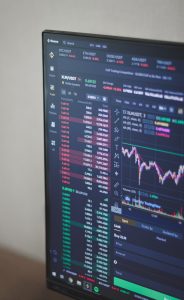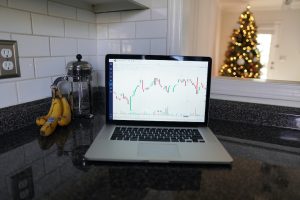The foreign exchange market, also known as forex, is a highly dynamic and ever-changing market. Currency prices are constantly fluctuating, and traders need to keep a close eye on the market to be able to make informed decisions. One of the key factors that affect trading in the forex market is the spread. The spread is the difference between the bid price and the ask price of a currency pair. It is essentially the cost of trading in the forex market. In this article, we will explore when and why spreads change in forex.
Spreads are influenced by a variety of factors, including market conditions, liquidity, and trading volume. Market conditions such as economic data releases, geopolitical events, and central bank announcements can cause spreads to widen or narrow. During times of market volatility, spreads tend to widen as traders become more risk-averse, and liquidity decreases. This is because there are fewer buyers and sellers in the market, and as a result, the price at which traders are willing to buy or sell a currency pair can move further away from the current market price.
Another factor that affects spreads is liquidity. Liquidity refers to the ease with which a currency pair can be bought or sold without affecting its market price. In the forex market, liquidity varies depending on the currency pair being traded and the time of day. Currency pairs that involve major currencies such as the US dollar, euro, and Japanese yen tend to be more liquid than those that involve minor or exotic currencies. The time of day also affects liquidity, with the European and US trading sessions being the most liquid times of the day.
Trading volume is another important factor that affects spreads. Trading volume refers to the number of trades being executed in the market at any given time. When trading volume is high, spreads tend to be narrower as there are more buyers and sellers in the market, and the price at which trades are executed is closer to the current market price. Conversely, when trading volume is low, spreads tend to widen as there are fewer buyers and sellers in the market, and the price at which trades are executed can move further away from the current market price.
Spreads can also change due to the actions of market makers. Market makers are financial institutions that provide liquidity to the forex market by buying and selling currencies. They make money by buying currencies at a lower price and selling them at a higher price, with the spread being their profit margin. Market makers can widen or narrow spreads depending on their risk appetite and trading strategy. For example, during times of high volatility, market makers may widen spreads to protect themselves from potential losses.
In summary, spreads in the forex market are influenced by a variety of factors, including market conditions, liquidity, trading volume, and the actions of market makers. Traders need to keep a close eye on these factors to be able to make informed trading decisions. It is also important to note that different brokers may have different spreads, so traders should compare spreads from different brokers before choosing one to trade with. Ultimately, understanding when and why spreads change in forex is crucial for successful trading in this dynamic market.





